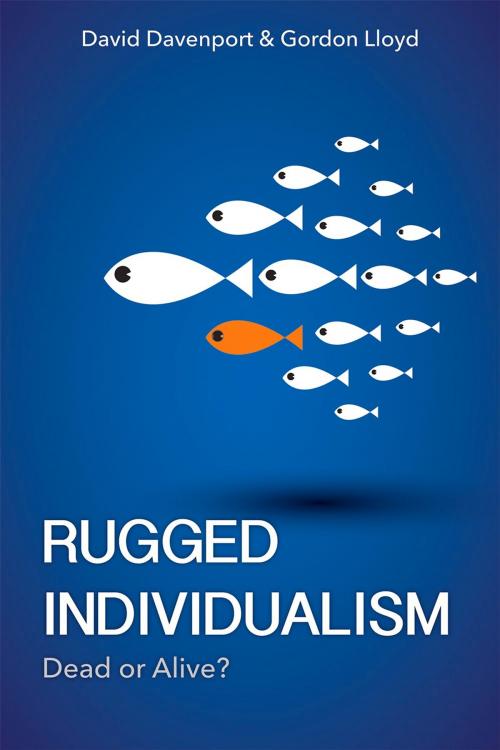Rugged Individualism
Dead or Alive?
Nonfiction, Religion & Spirituality, Philosophy, Political, Social & Cultural Studies, Political Science| Author: | David Davenport, Gordon Lloyd | ISBN: | 9780817920265 |
| Publisher: | Hoover Institution Press | Publication: | January 1, 2017 |
| Imprint: | Hoover Press | Language: | English |
| Author: | David Davenport, Gordon Lloyd |
| ISBN: | 9780817920265 |
| Publisher: | Hoover Institution Press |
| Publication: | January 1, 2017 |
| Imprint: | Hoover Press |
| Language: | English |
Today, American "rugged individualism" is in a fight for its life on two battlegrounds: in the policy realm and in the intellectual world of ideas that may lead to new policies. In this book, the authors look at the political context in which rugged individualism flourishes or declines and offer a balanced assessment of its future prospects. They outline its path from its founding—marked by the Declaration of Independence—to today, focusing on different periods in our history when rugged individualism was thriving or was under attack. The authors ultimately look with some optimism toward new frontiers of the twenty-first century that may nourish rugged individualism. They assert that we cannot tip the delicate balance between equality and liberty so heavily in favor of equality that there is no liberty left for individual Americans to enjoy. In considering reasons to be pessimistic as well as reasons to be optimistic about it, they also suggest where supporters of rugged individualism might focus greater encouragement and resources.
Today, American "rugged individualism" is in a fight for its life on two battlegrounds: in the policy realm and in the intellectual world of ideas that may lead to new policies. In this book, the authors look at the political context in which rugged individualism flourishes or declines and offer a balanced assessment of its future prospects. They outline its path from its founding—marked by the Declaration of Independence—to today, focusing on different periods in our history when rugged individualism was thriving or was under attack. The authors ultimately look with some optimism toward new frontiers of the twenty-first century that may nourish rugged individualism. They assert that we cannot tip the delicate balance between equality and liberty so heavily in favor of equality that there is no liberty left for individual Americans to enjoy. In considering reasons to be pessimistic as well as reasons to be optimistic about it, they also suggest where supporters of rugged individualism might focus greater encouragement and resources.















